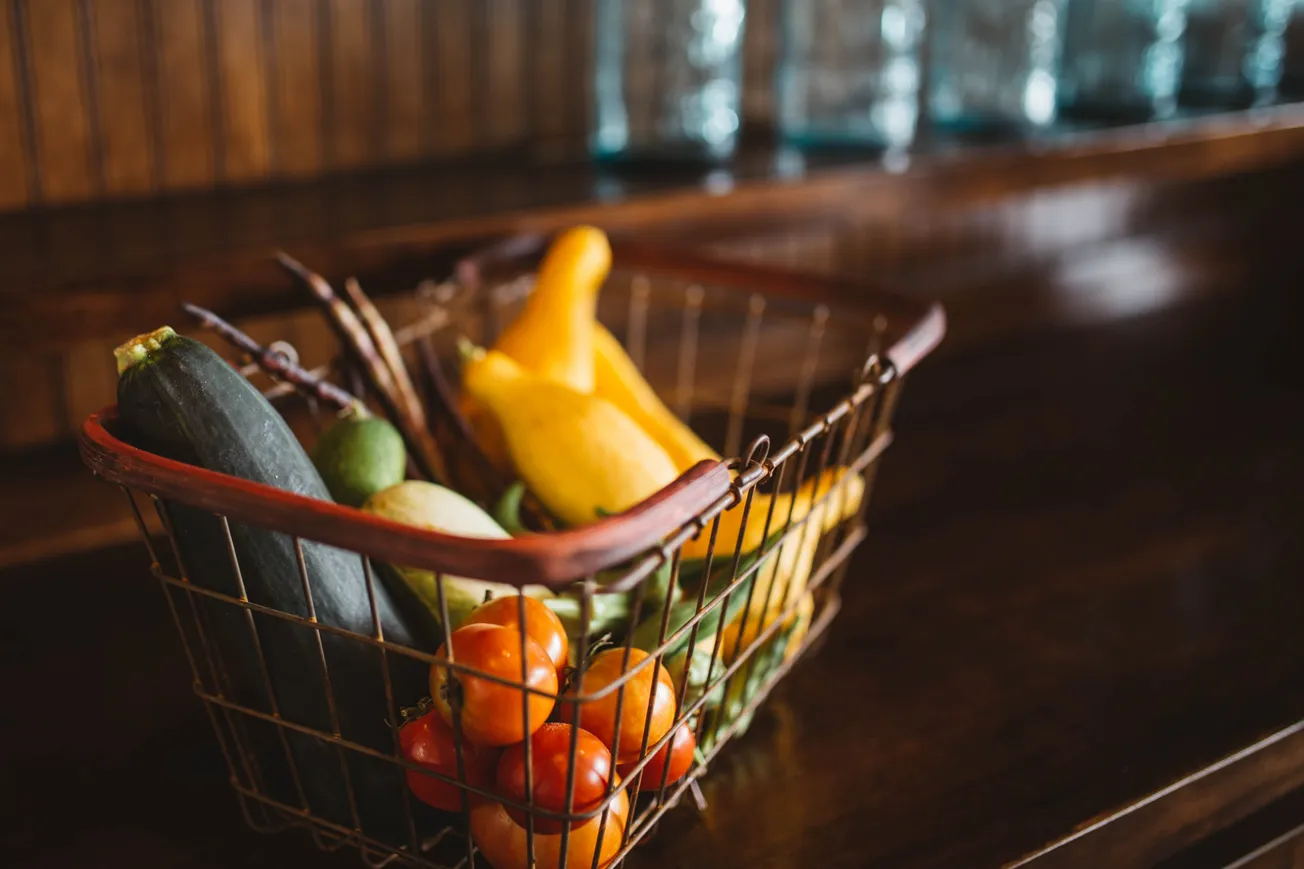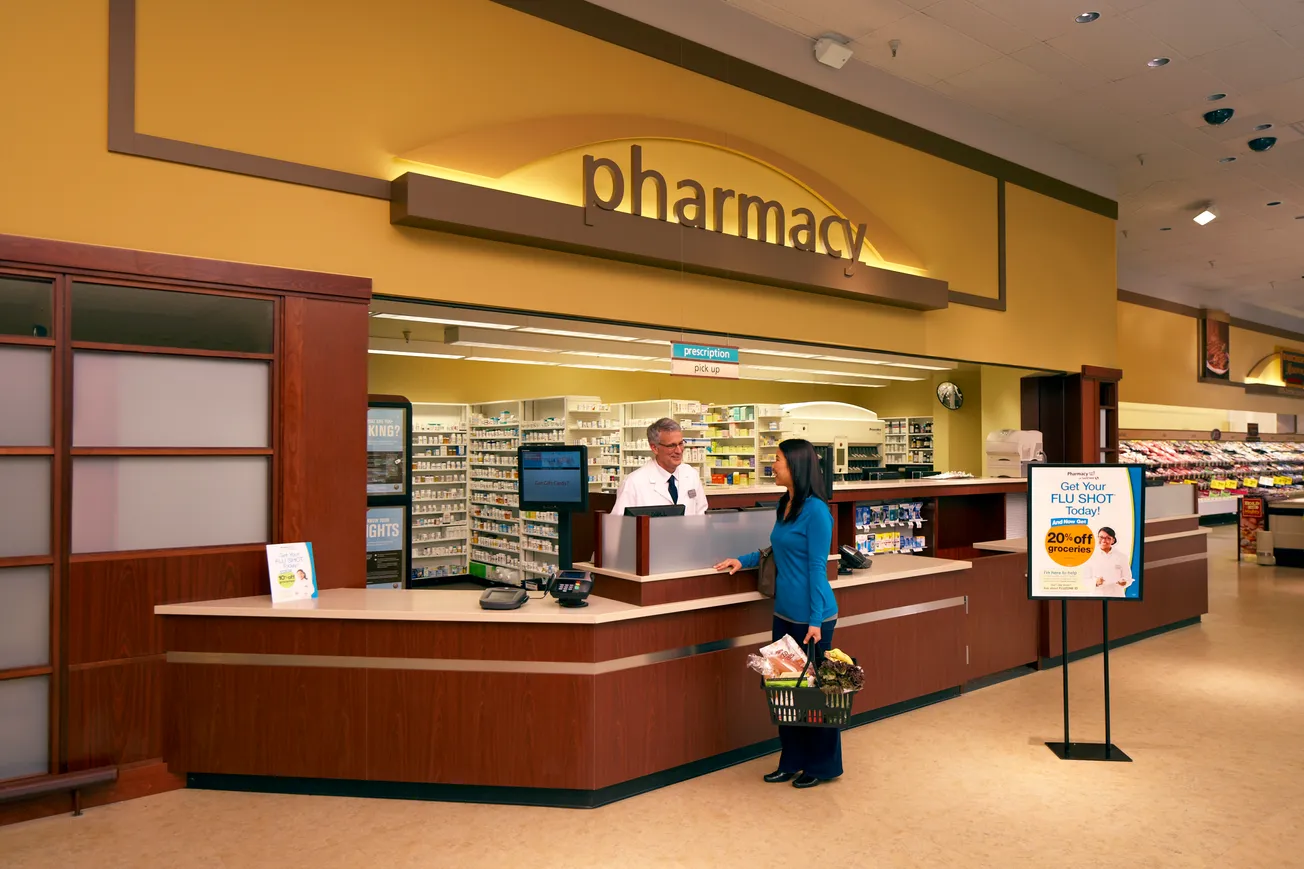While it may be difficult to imagine, shoppers are becoming even more health- and nutrition-conscious than they already are. And, as their collective commitment to better nutrition intensifies, shoppers are going to expect even more from retailers and brands when it comes to assistance with, and information about, healthier eating.

Tom Martin
With shoppers’ heightened focus on healthier eating, simply providing additional better-for-you consumer packaged goods options will not suffice; retailers won’t be able to rely on extended product lines from national brands to attract and retain these increasingly discriminating shoppers. That’s not to say, however, that retailers should ignore the sales opportunity created by offering shoppers new, innovative private label products that address currently unmet needs around nutrition. Besides adding margin, more relevant private label can drive store choice and loyalty based on exclusive availability.
Outside of center store, expanded and healthier deli, prepared, prepackaged and locally sourced perimeter options will be retailer “must haves” from now on, with prominent labeling and signage that leave no doubt among shoppers as to the quality — and origin — of what’s being offered. In addition, retailers need to take all necessary steps to make it easier and more attractive for shoppers to preorder healthier prepared food for quick pickup.
But even before shoppers reach the store they’re going to be reaching out online to retailers and brands for help with personalized meal planning and food product options that:
• Reflect their previously expressed likes and dislikes.
• Enable current diet trends such as paleo, ketogenic and Whole30.
• Support their overall wellness goals.
• Are tied to their individual health states.
To meet these needs, marketers will have to lead with curated online content (recipes, storytelling, promoted products, etc.) intended to inspire and activate shoppers at every meal occasion with information tailored to the specific needs of the shopper, including budget, number of guests, health considerations, etc.
Smart retailers will also use more real-time communication with shoppers around their online orders. By focusing their efforts on optimizing the online shopping experience and delivering superior quality of service they can successfully differentiate themselves in an already crowded e-commerce space.
Growth-focused trading partners have already demonstrated a greater willingness to participate in personalized communication with shoppers, but this form of engagement is now obligatory if retailers want to grow share of stomach, and in doing so, capture increased share of wallet — while manufacturers build brand. Smart marketers will commit to establishing one-to-one communication with shoppers, and they’ll do it through personalized Web pages and personalized mobile app screens that employ individualized screen layout and content, curated assortment bundles, etc.
Not an insignificant effort, for sure. But shoppers will give their loyalty to those brands they see as helping them pursue better health and wellness and reward retailers with regular, repeat store trips.
Creating this kind of hyper-specific, loyalty-building connection is going to require that retailers and brands accelerate investment in the tools and technologies already available for better engaging shoppers on a one-to-one basis at scale. At the same time, retailers need to seriously pursue cross-industry collaboration with health care systems and insurers to better enable shoppers in their quest for better health.
“Food as medicine” is not a new concept. In fact, it’s the ancient Greek physician Hippocrates who is credited with having said, “Let food be thy medicine and medicine be thy food.” As farsighted as that might be, it’s doubtful that he knew that “food as medicine” would become a shopper mantra that retailers and brands must fully support if they’re going to maintain their own health and wellness.
Tom Martin is associate director of digital solutions at Inmar.









